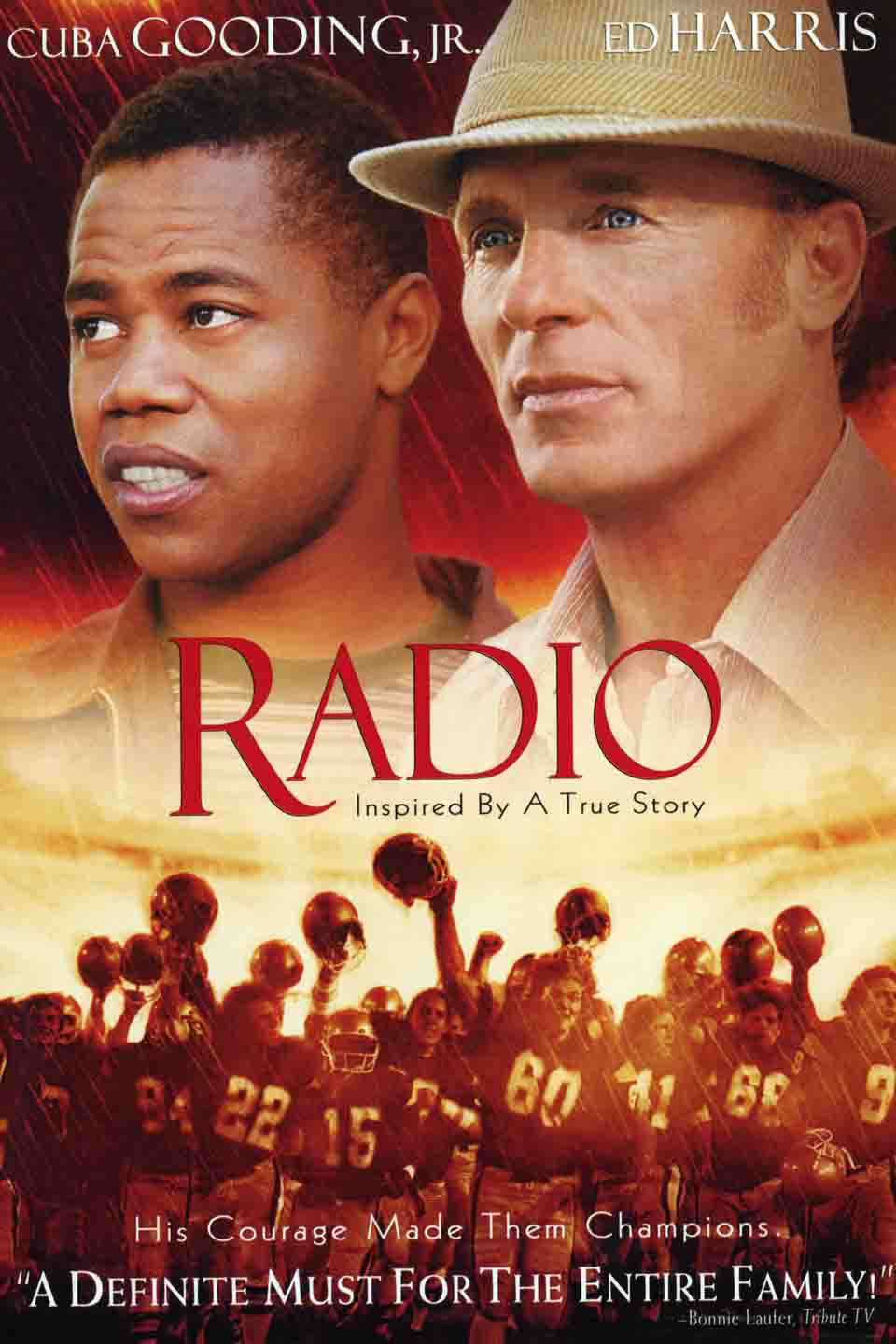You can't forget Joanie Stubbs! Joanie and Trixie's differing experiences as prostitutes, including the relationships to their respective pimps and the way they work their way out of that position, is very well explored by the show.Quoting Ezee E (view post)
Westworld ain't no fuckin' Deadwood but it is pretty cool.






 Reply With Quote
Reply With Quote







 forum
forum